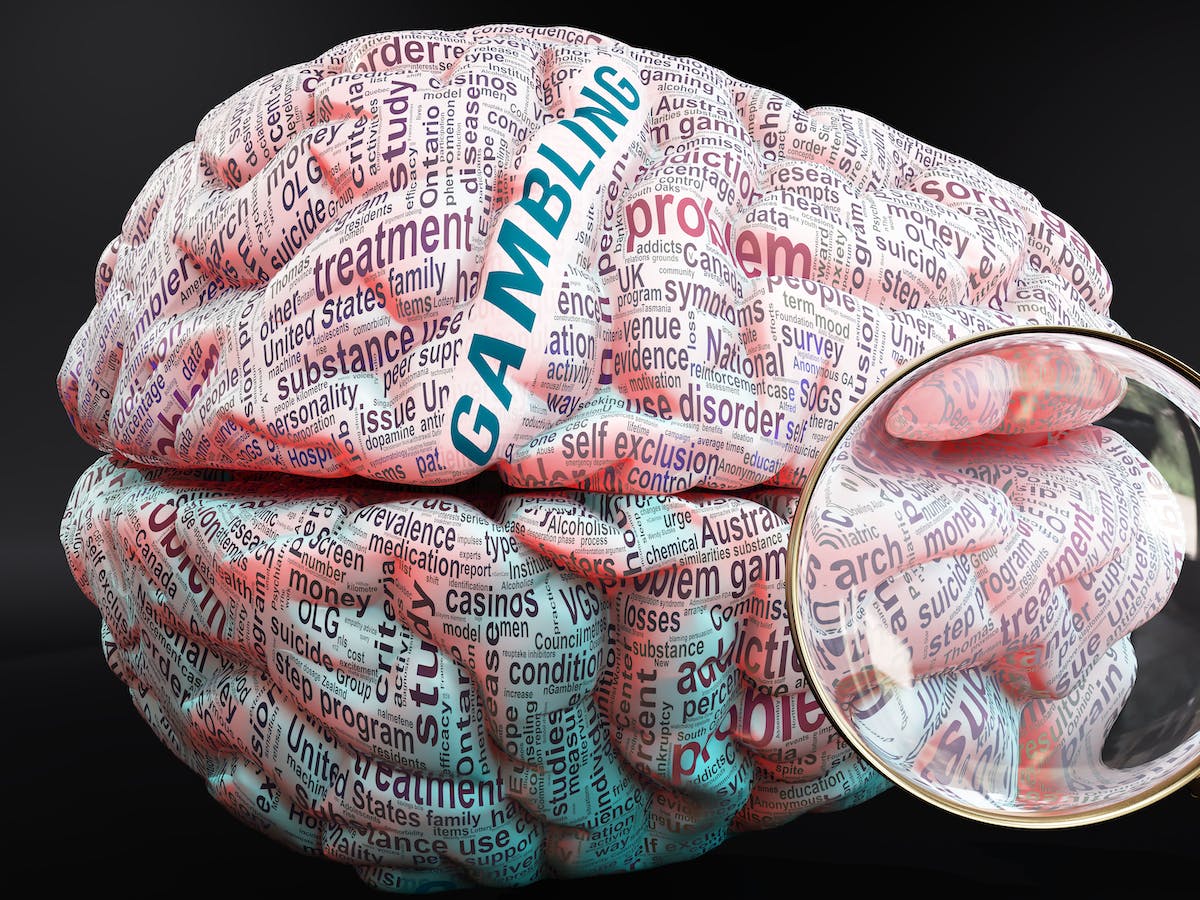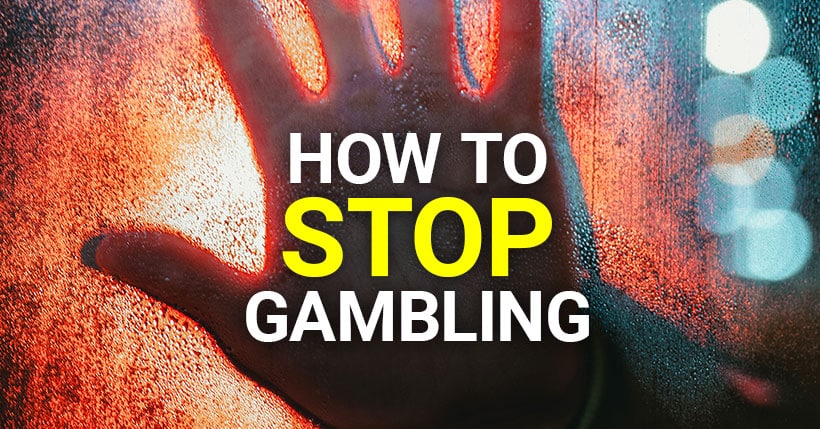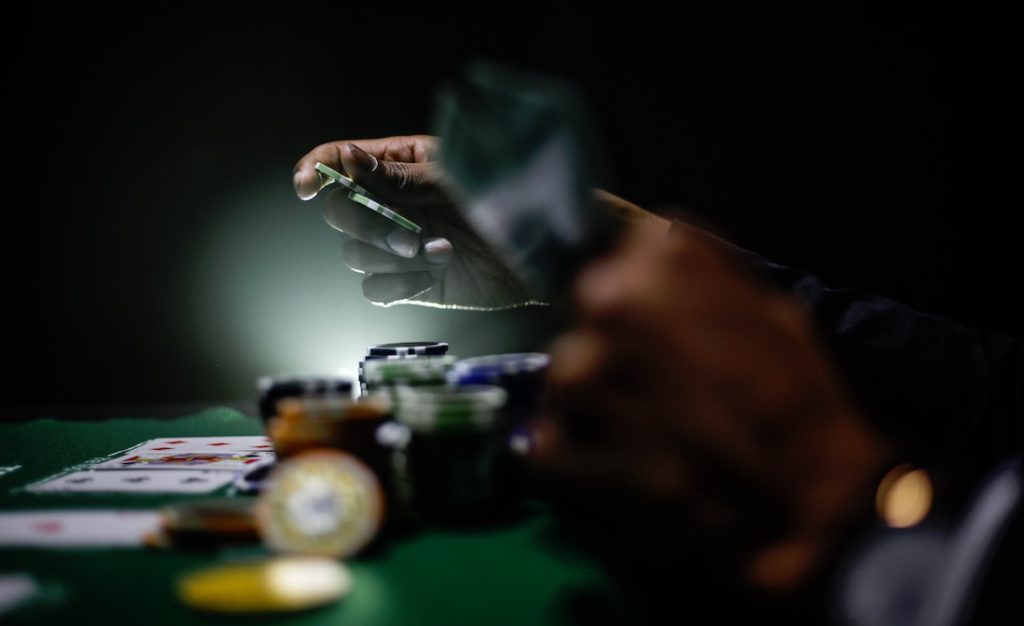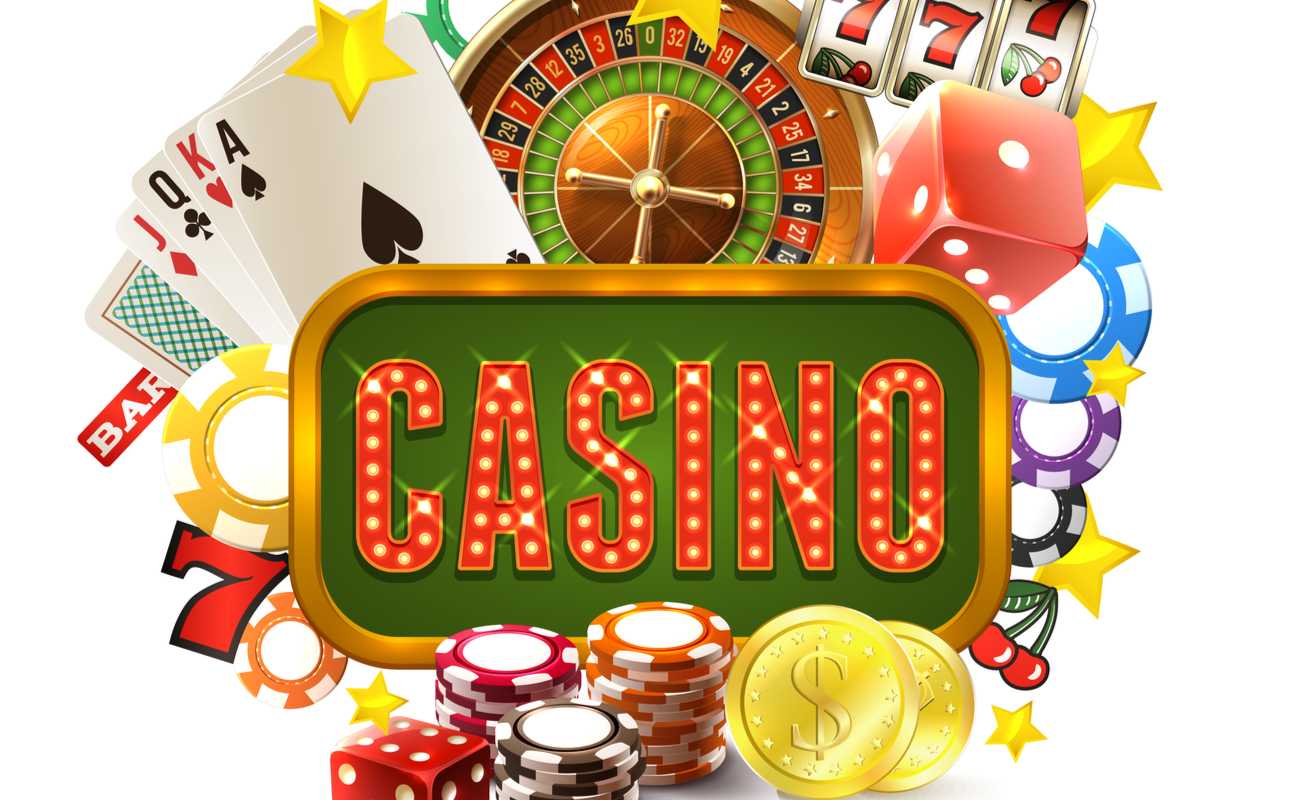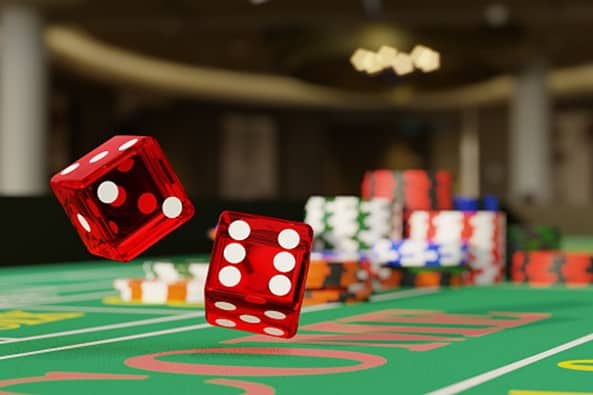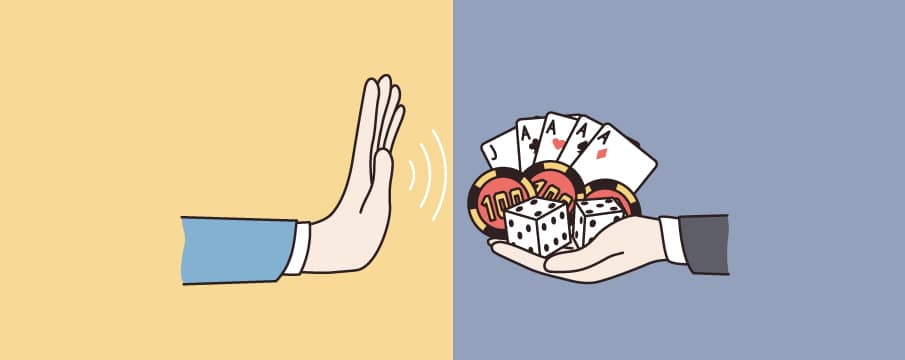The Illusion Game: How Does the Casino Manipulate Your Sense of Time?
When you click to go to Rabona Casino, you’re entering a meticulously crafted environment designed not just for entertainment, but also to subtly alter your perception of time. The phenomenon of losing track of time within casinos—known as “time distortion”—is neither accidental nor purely personal. Casinos expertly employ psychological techniques and design strategies to manipulate your internal sense of time, making gambling sessions longer and more immersive. This article explores precisely how casinos create this “illusion game,” keeping you engaged longer than you realize.
Understanding Time Distortion in Casinos
Time distortion is a well-documented psychological phenomenon where individuals perceive time differently from actual clock-measured time. Casinos skillfully leverage this effect to enhance profitability and player engagement.
The Psychology Behind Time Perception
Our perception of time can speed up or slow down based on various psychological and environmental factors. Activities perceived as enjoyable often make time pass more quickly, while monotonous tasks seem to slow it down. Casinos deliberately engineer environments to amplify these perceptions.
Flow State and Gambling
Gambling frequently induces a psychological “flow state”—a condition characterized by deep immersion and full absorption in an activity. During flow states, players experience distorted perceptions of time, often significantly underestimating how long they’ve spent gambling.
Casino Environment: Design that Alters Time Perception
Casinos meticulously design physical and digital environments to facilitate prolonged gambling by subtly manipulating players’ perceptions of time.
Absence of Clocks and Windows
Traditional casinos famously exclude clocks and windows, intentionally removing external cues of time passage. Without natural daylight or visible clocks, gamblers quickly lose awareness of the actual time elapsed, remaining engrossed in gaming sessions.
Digital Casino Designs
Online casinos replicate similar effects digitally, using immersive designs and continuous gameplay that blur time boundaries. Seamless transitions between games and frequent pop-up promotions maintain uninterrupted player focus, further distorting perceptions of time.
Audio-Visual Stimulation and Time Illusion
Casinos utilize audio-visual stimuli extensively to intensify time distortion effects.
Soundscapes and Continuous Noise
Casinos often feature constant background noise—slot machines, chips clinking, and background music. This continuous auditory stimulation creates an environment where the brain is continually engaged, contributing to an extended perception of the gambling session.
Visually Engaging Graphics
Vivid graphics, bright lights, and visually stimulating interfaces capture attention intensely, causing players to become so engrossed that they lose track of time. Such visual engagement is particularly pronounced in online platforms, where sophisticated game designs ensure continuous engagement.
Cognitive Biases Enhancing Time Distortion
Several cognitive biases further amplify the casino’s ability to distort your sense of time.
Near-Miss Effect
The near-miss phenomenon—when outcomes come close to winning but narrowly miss—increases arousal and engagement. Players often misinterpret near-misses as signals of an imminent win, compelling them to continue gambling, thereby distorting their internal clock.
Gambler’s Fallacy
The gambler’s fallacy—the belief that past events influence future outcomes—can trap players in prolonged sessions, as they repeatedly expect imminent positive outcomes, thus ignoring actual elapsed time.
Reward Systems and Time Perception
Casinos strategically employ reward systems to perpetuate the illusion of time distortion.
Variable Reward Scheduling
Using intermittent reinforcement—where rewards are unpredictable and sporadic—keeps players continuously engaged. This unpredictability stimulates dopamine release, significantly prolonging sessions by distorting the player’s internal sense of time.
Bonuses and Promotions
Casinos regularly offer bonuses, free spins, and limited-time promotions to extend player engagement. These timed promotions encourage prolonged gameplay, making sessions appear shorter than they are.
Neurological Basis of Time Distortion
Neurological factors contribute significantly to how casinos successfully manipulate your time perception.
Dopamine and Time Distortion
The neurotransmitter dopamine plays a critical role in reward anticipation and enjoyment. Elevated dopamine levels associated with gambling can alter neurological time perception, causing gamblers to underestimate their session duration significantly.
Brain Activity During Gambling
Neuroimaging studies show gambling activates specific brain regions associated with reward, emotion, and decision-making. Enhanced activity in these areas can overshadow internal time-tracking processes, further distorting time perception.
Digital Casinos: Intensifying the Illusion
Digital platforms leverage technology even further to enhance time distortion effects.
Mobile Accessibility
Mobile gaming allows instant and continuous access to gambling activities. The ease of picking up a mobile device and resuming play at any moment significantly intensifies perceived time distortion.
Push Notifications and Engagement
Digital casinos use push notifications strategically to prompt players to continue sessions, extending playtime beyond initial intentions. These notifications, timed to appear at strategic intervals, disrupt players’ awareness of elapsed time.
Responsible Gambling: Countering Time Illusion
Awareness of time manipulation techniques empowers gamblers to employ responsible gambling practices.
Setting Time Limits
Actively setting personal time limits before sessions helps maintain awareness of actual elapsed time. Many digital casinos offer built-in time-limit tools that remind players periodically, mitigating time distortion effects.
Regular Breaks
Intentionally taking breaks during gambling sessions provides a reality check, helping to reorient internal time perception. Scheduled interruptions help disrupt continuous immersion, effectively counteracting casino-induced time illusions.
Ethical Considerations of Time Manipulation
The ethical implications of manipulating players’ perception of time warrant careful consideration by casinos.
Transparency and Player Education
Casinos must transparently communicate their design techniques and educate players about time distortion risks. Promoting awareness and responsible gambling helps ensure players engage safely and consciously.
Ethical Casino Practices
Implementing ethical design practices—such as visible clocks, session reminders, and transparent user interfaces—demonstrates casinos’ commitment to responsible gambling and player welfare.
Future Trends in Casino Time Illusion
Emerging trends indicate casinos will increasingly refine their methods for manipulating time perception.
Advanced Neuromarketing Techniques
Continued advancements in neuromarketing will enable even more precise manipulation of players’ cognitive and neurological processes, further enhancing casinos’ ability to manage time perception effectively.
Enhanced Digital Integration
Technological advancements in virtual reality and augmented reality gaming will significantly deepen player immersion, intensifying existing time distortion effects.
Conclusion: Mastering the Illusion Game
Casinos expertly leverage psychological, neurological, and environmental techniques to manipulate your perception of time effectively. Understanding these mechanisms empowers players to maintain control over their gambling experiences, promoting responsible and conscious participation.
By recognizing how your internal clock can be influenced by casino environments, visual and auditory stimuli, cognitive biases, and reward systems, you can actively counteract these effects. Practicing responsible gambling techniques—such as setting time limits and taking regular breaks—ensures a balanced, enjoyable, and sustainable casino experience, safeguarding your psychological well-being and financial stability.


